
AllQuestion and Answers: Page 637
Question Number 156339 Answers: 1 Comments: 0
$$\int_{\mathrm{0}} ^{\mathrm{1}} \frac{{x}^{\mathrm{2}{n}} }{{arcsinx}}{dx}=...??? \\ $$
Question Number 156338 Answers: 1 Comments: 2
Question Number 156335 Answers: 1 Comments: 1
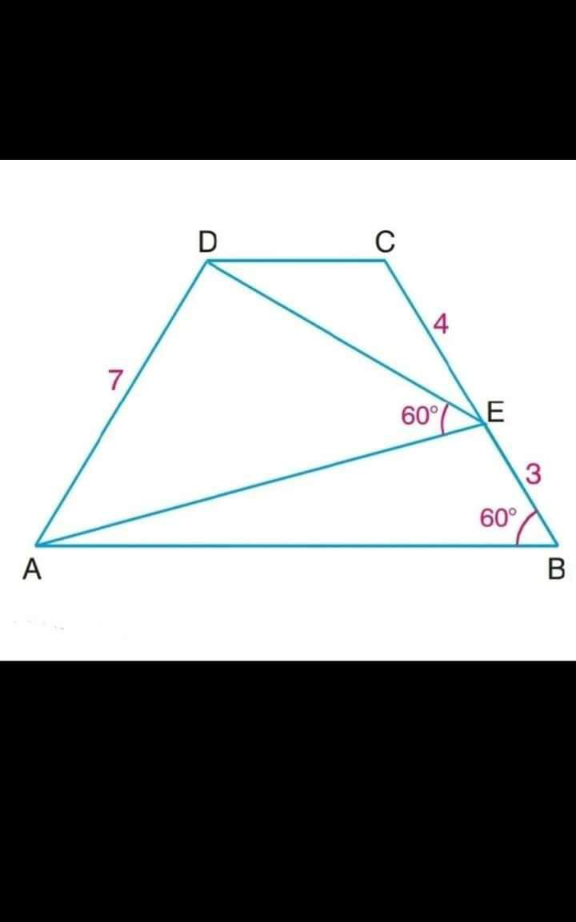
Question Number 156333 Answers: 1 Comments: 0
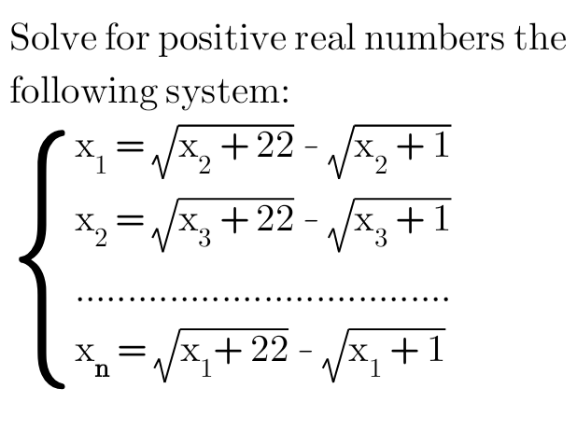
Question Number 156395 Answers: 0 Comments: 0
Question Number 156330 Answers: 0 Comments: 0

Question Number 156328 Answers: 1 Comments: 4

Question Number 156321 Answers: 0 Comments: 1
Question Number 156319 Answers: 1 Comments: 1
Question Number 156316 Answers: 3 Comments: 1
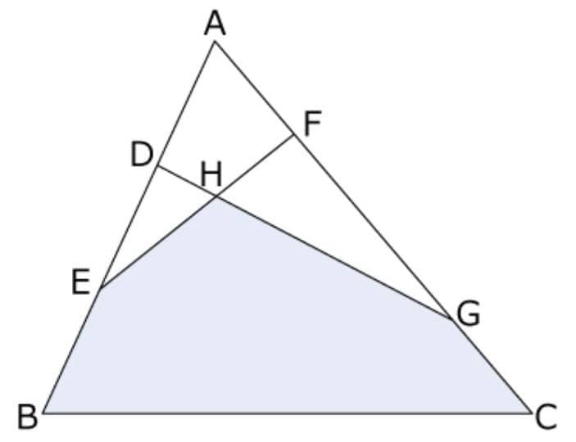
Question Number 156313 Answers: 0 Comments: 0
Question Number 156308 Answers: 0 Comments: 0
$$\mathrm{Find}\:\mathrm{exact}\:\mathrm{form}\:\mathrm{sin}\:\mathrm{1}° \\ $$
Question Number 156305 Answers: 1 Comments: 0
Question Number 156296 Answers: 0 Comments: 4
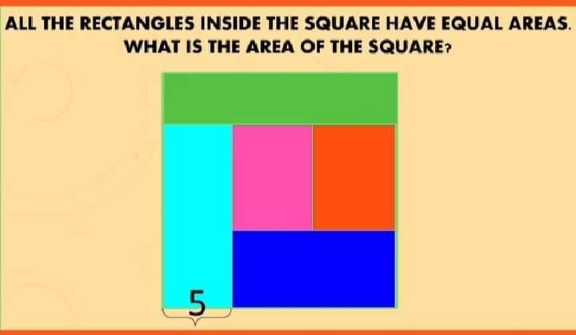
Question Number 156295 Answers: 2 Comments: 0

Question Number 156292 Answers: 0 Comments: 0
Question Number 156290 Answers: 0 Comments: 0

Question Number 156281 Answers: 2 Comments: 0
$$\int_{−\mathrm{3}} ^{\mathrm{5}} \:\sqrt{\mid{x}\mid^{\mathrm{3}} }{dx} \\ $$
Question Number 156275 Answers: 1 Comments: 0
Question Number 156270 Answers: 1 Comments: 1
Question Number 156259 Answers: 0 Comments: 0
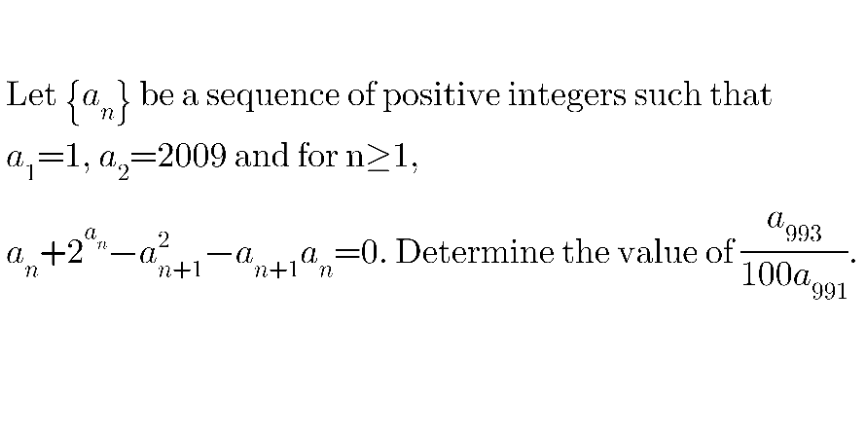
Question Number 156257 Answers: 0 Comments: 0
Question Number 156253 Answers: 1 Comments: 0

Question Number 156252 Answers: 1 Comments: 1
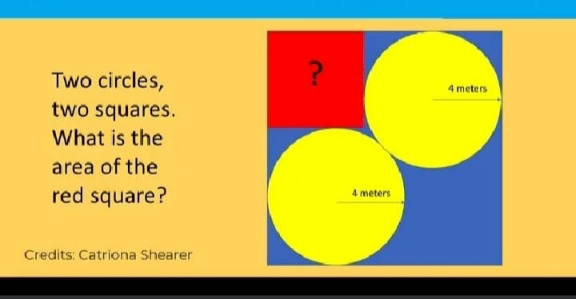
Question Number 156250 Answers: 0 Comments: 1
Question Number 156248 Answers: 1 Comments: 0

Pg 632 Pg 633 Pg 634 Pg 635 Pg 636 Pg 637 Pg 638 Pg 639 Pg 640 Pg 641
